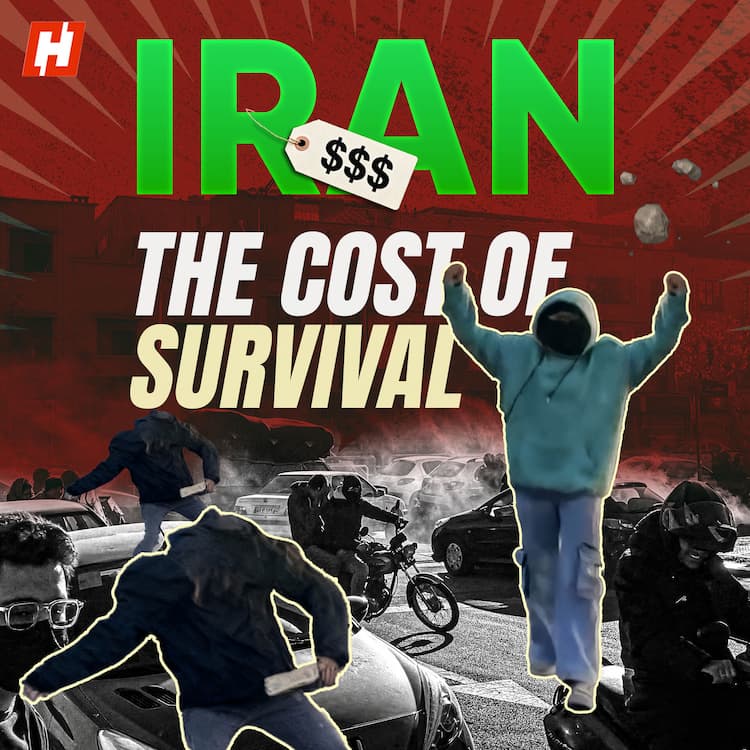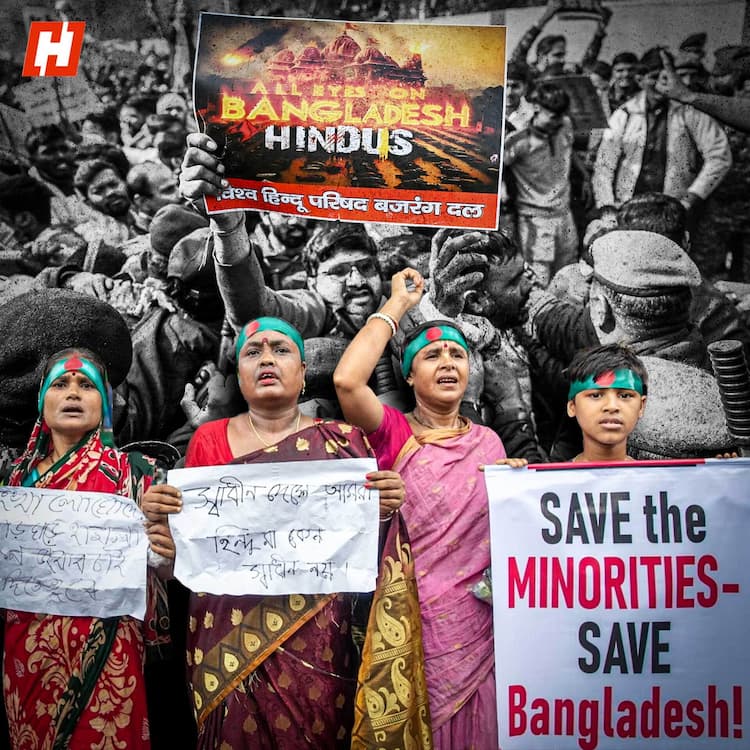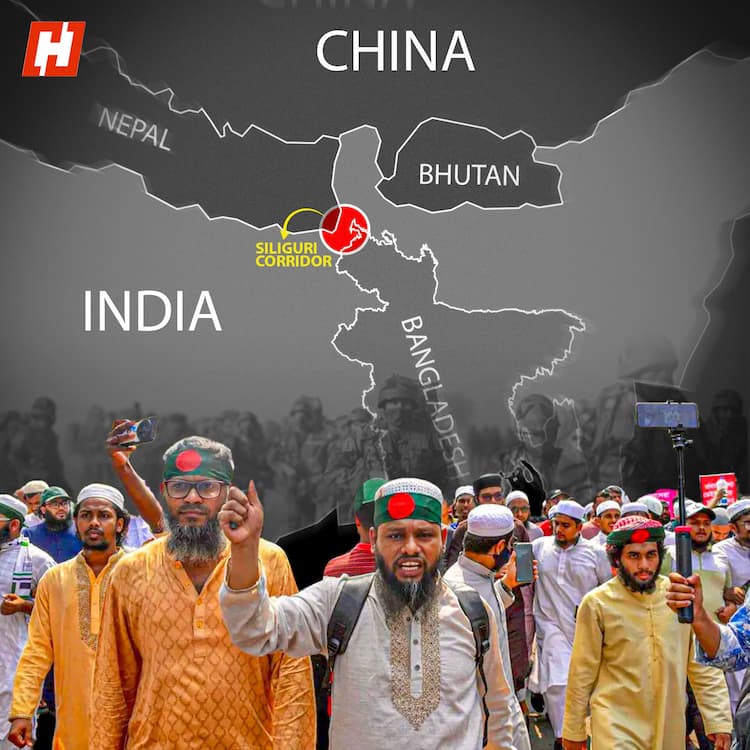Is India now legally bound to hand over Sheikh Hasina to Bangladesh? Muhammad Yunus-led interim government demanded her extradition after a Dhaka-based court sentenced her to death. The International Crimes Tribunal found the ousted PM guilty of crimes against humanity.
Bangladesh cited an extradition treaty to remind India of its obligation. But the treaty signed in 2013 has provided for some exceptions.
Indian-Bangladesh Extradition Treaty
Article 6-clause 1 of the India–Bangladesh Extradition Treaty allows either party to refuse an extradition request if the alleged offence is of a "political character.”
And, Article 8-clause 3 strengthens this exception. It states that extradition can be denied if the request was considered to be made not in good faith, or not in the interest of justice.
Then, there are domestic laws. India’s own Extradition Act of 1962 sets up several legal barriers to surrendering individuals charged in politically sensitive cases.
Former Indian High Commissioner to Bangladesh Pinak Ranjan Chakravarty explains how.
“They will have to go through the legality, which means going to court in India and filing extradition charges, getting an order from a court. If an Indian court orders it, then of course the government of India will comply. I don't think that has happened yet,” he said.
What about international forums? Can the Yunus government seek intervention in the matter?
No choice left for Dhaka
The United Nations cannot intervene in a bilateral agreement between India and Bangladesh. Even the International Court of Justice can hear the matter only if both parties consent. And India is unlikely to allow the ICJ to override its own extradition laws.
For now, Dhaka has warned that refusing to extradite Hasina would be considered an unfriendly act and a disregard for justice.
And India, on its part, has remained non-committal. New Delhi said it had noted the verdict, and that it would “engage constructively with all stakeholders”.





